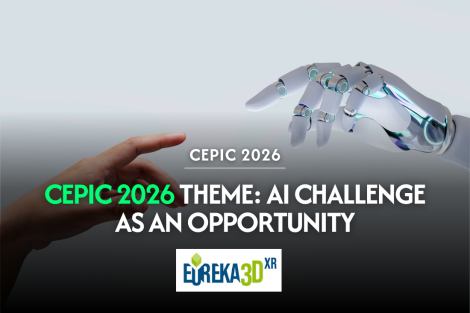
EUreka3D-XR is set to take part to CEPIC Congress 2026, that will take place in Valencia from May 6 to 8.
The project will join leading professionals from across the visual media ecosystem by contributing to the discussion on media authenticity and trust in the cultural heritage domain.
Programme of EUreka3D-XR participation:
- 10:00-10:30 – Keynote presentation: Addressing Media Authenticity Challenges in Cultural Heritage with JPEG Trust (Frederik Temmermans)
- 10:30-11:00 – Panel session. Participants: Antonella Fresa, Philippe Rixhon, Frederik Temmermans (additional panellists and moderator to be confirmed).
Followed by moderated discussion and audience questions.
The session will discuss good practices illustrated through the lens of JPEG Trust, an ISO/IEC standards framework designed to support media authenticity and trust assessment. Particular attention will be given to how this framework can safeguard trust and long-term reusability across cultural heritage workflows, including in scenarios where emerging technologies such as AI are adopted.


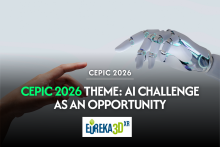
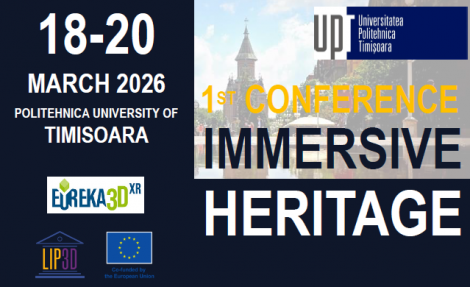
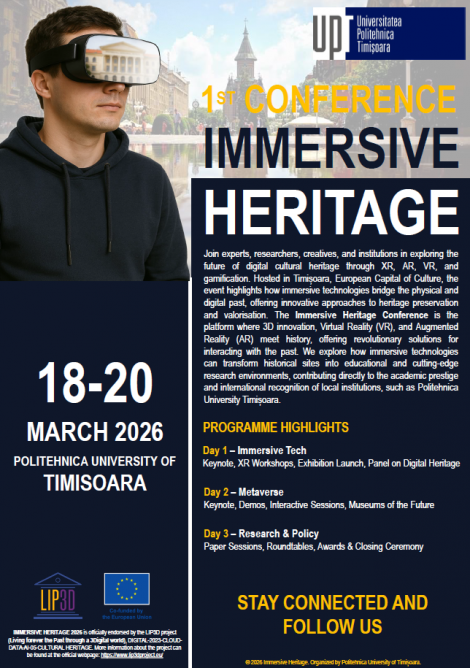
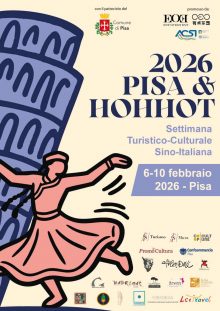
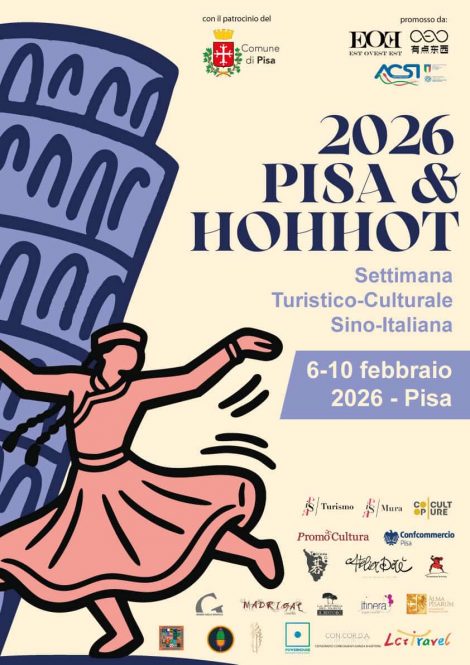
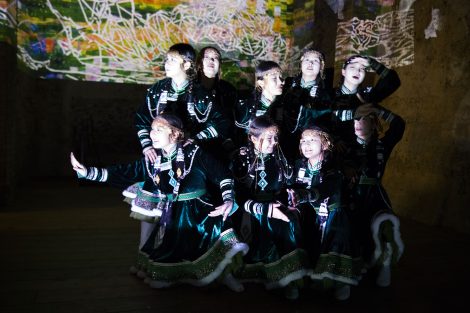
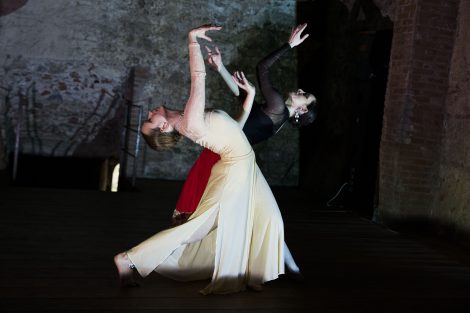
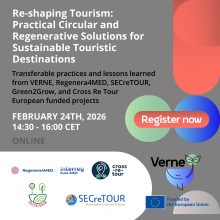
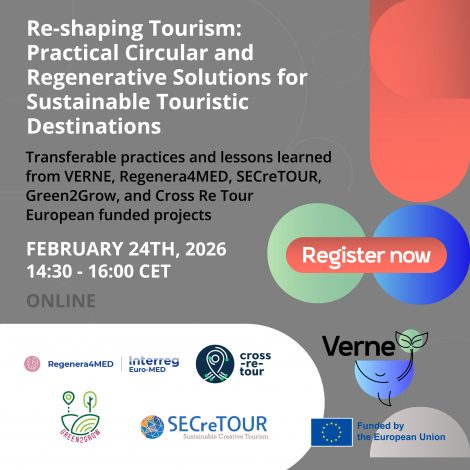 The
The 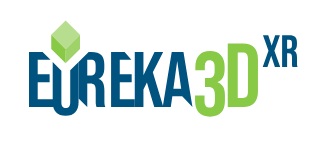
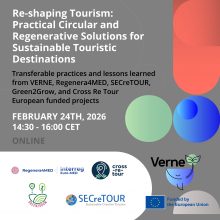

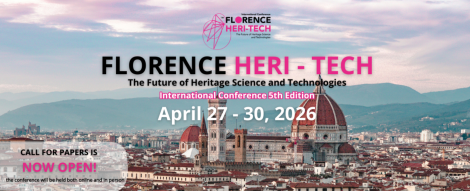


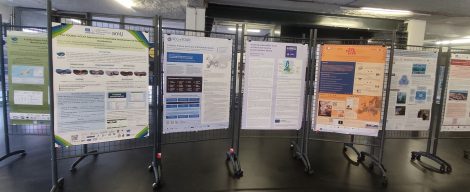
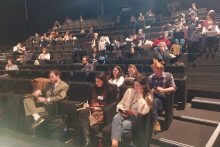
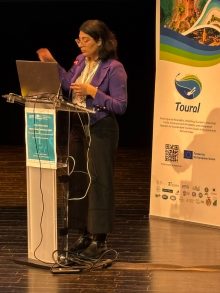
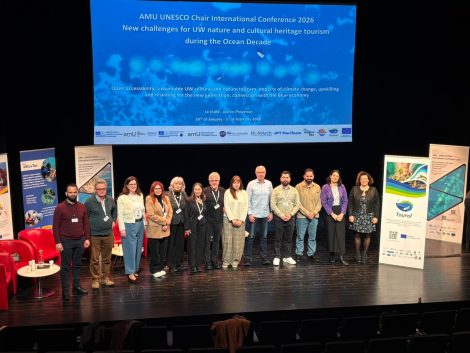
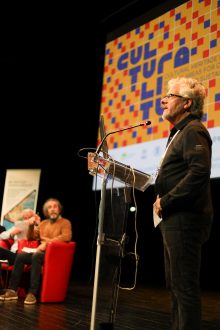
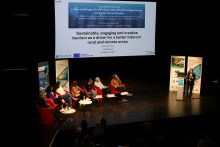
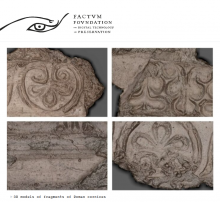
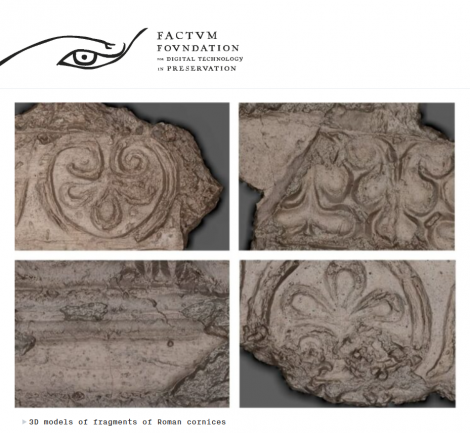
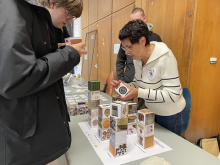
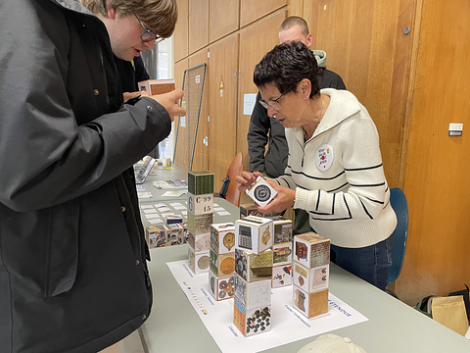
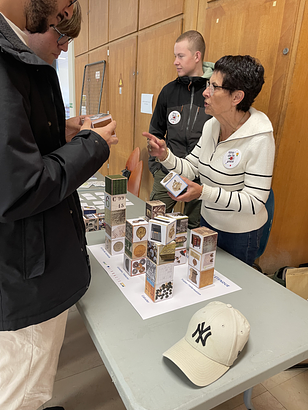
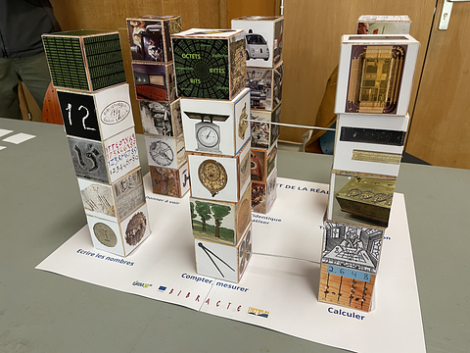 The goal of the game is to identify the theme and period of each of the 36 wooden cubes to stack them on the bases corresponding to six main themes: Writing numbers, Counting and measuring, Calculating, Producing identical copies and automating, Processing information and Visualising. The 216 illustrations (one on each face of the cubes) are drawn from the collections of Bibracte, Europeana and Wikimedia Commons. Some illustrations appear identically on several cubes to highlight transversal links between themes, using a system of magnets and small steel rods. These links emphasise major inventions that have benefited a wide range of fields, such as the printing press, both for the reproduction of identical copies and for the dissemination of information.
The goal of the game is to identify the theme and period of each of the 36 wooden cubes to stack them on the bases corresponding to six main themes: Writing numbers, Counting and measuring, Calculating, Producing identical copies and automating, Processing information and Visualising. The 216 illustrations (one on each face of the cubes) are drawn from the collections of Bibracte, Europeana and Wikimedia Commons. Some illustrations appear identically on several cubes to highlight transversal links between themes, using a system of magnets and small steel rods. These links emphasise major inventions that have benefited a wide range of fields, such as the printing press, both for the reproduction of identical copies and for the dissemination of information.































